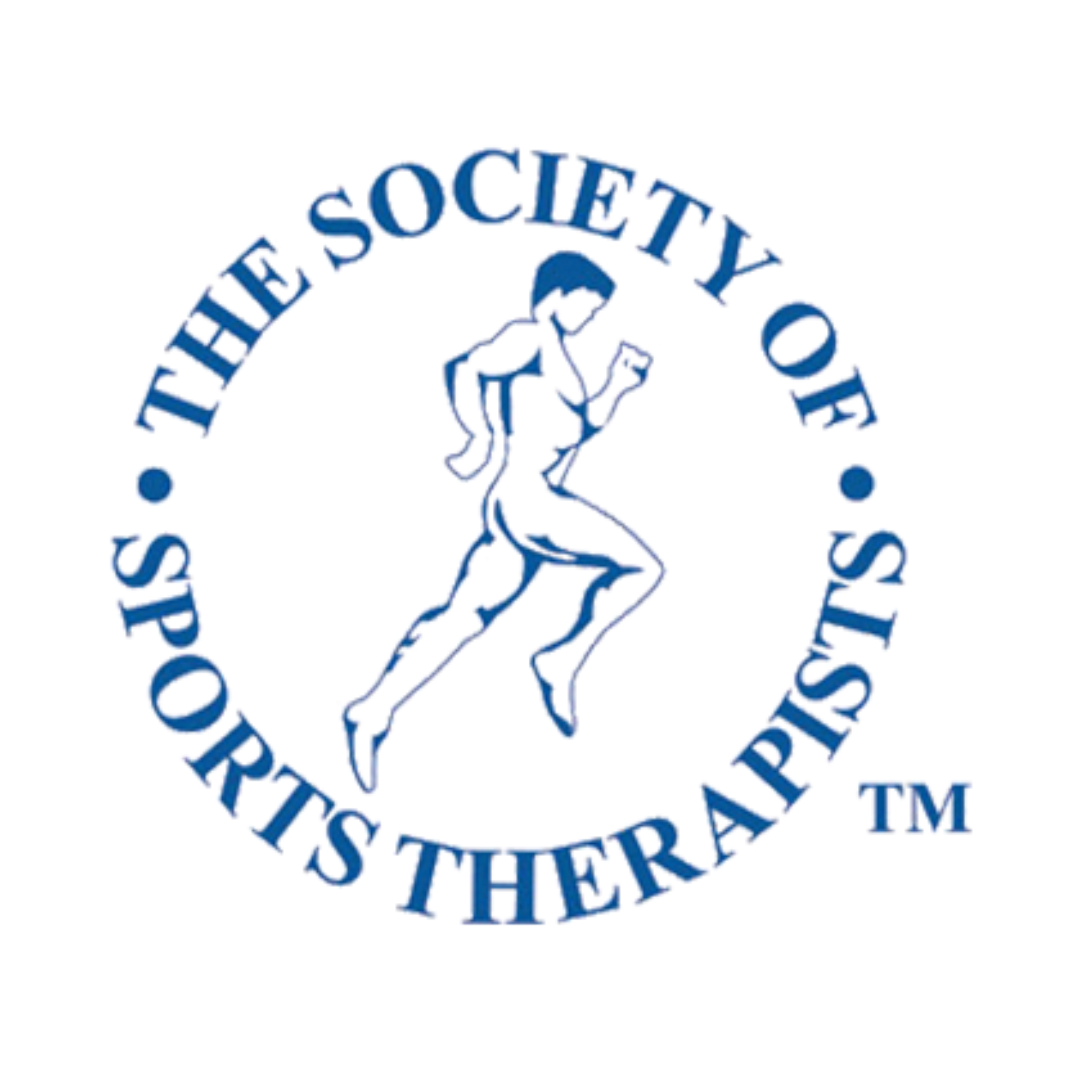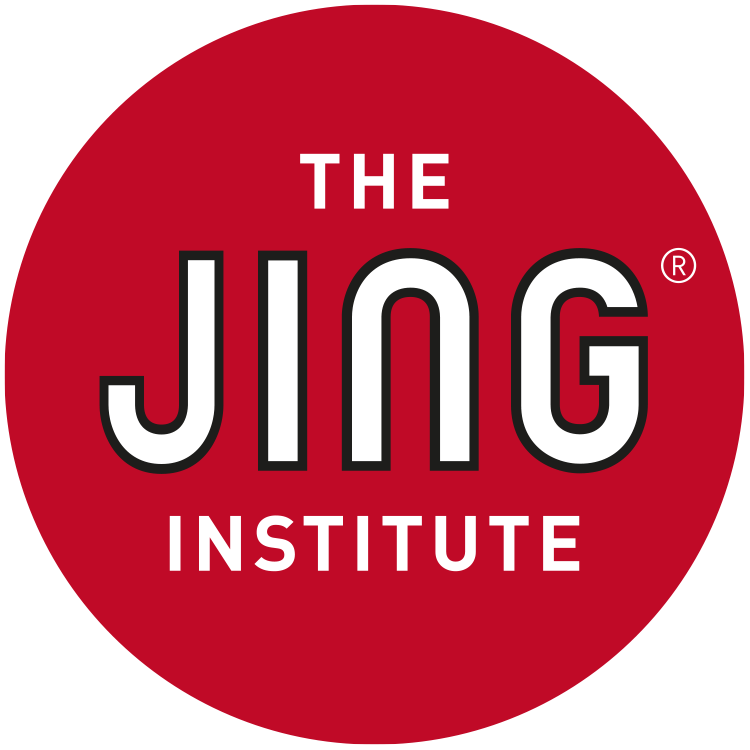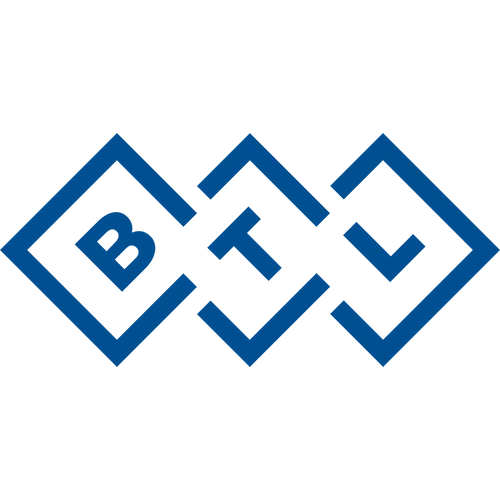Optimising Rehab with the MACP
)
At this year’s Therapy Expo MSK HQ, the MACP are delighted to be delivering a workshop exploring the optimisation of rehabilitation.
Rehabilitation is a core component to how the nation will need to be managing long term health care needs as multi-morbidity and complexity is now common place.
Optimising rehabilitation involves tailoring interventions to individual needs, integrating multidisciplinary approaches, and ensuring continuity of care across all stages of recovery. All components of the MDT has to be synchronous and working together.
Rehabilitation is a dynamic process aimed at restoring function and improving quality of life for individuals affected by injury, illness, or disability. To optimise outcomes, personalised care plans are essential. These should be based on thorough assessments that consider physical, psychological, and social factors.
An MDT and the broader care community must look at new diverse ways to connect with harder to reach communities to ensure equity of access and opportunity are created.
Technology and innovation also will play a vital role in how the nation can access good quality rehabilitation. Digital tools such as tele-rehabilitation platforms and wearable devices allow for remote monitoring and personalised feedback, increasing accessibility and engagement. These tools are especially valuable for patients in rural or underserved areas.
Continuity of care is another cornerstone. Rehabilitation should not end at hospital discharge; community-based services and follow-up support are critical for sustained progress. The NHS, for instance, emphasises integrated care pathways that help patients transition smoothly from acute care to long-term rehabilitation.
Patient education and empowerment are key. When individuals understand their condition and the purpose of each intervention, they are more likely to adhere to treatment plans and actively participate in their recovery. Addressing emotional and motivational barriers can significantly improve compliance and outcomes. The whole MDT building shared, aspirational functional goals for individuals tailored to their own personal and social needs is one healthcare must move towards id we are to serve our communities for the future.
In summary, optimising rehabilitation requires a personalised, team-based, and technology-enhanced approach that supports patients throughout their recovery journey via behavioural support, community based interventions and functional outcomes.


.png)
.png)

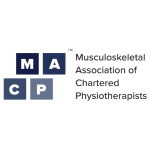
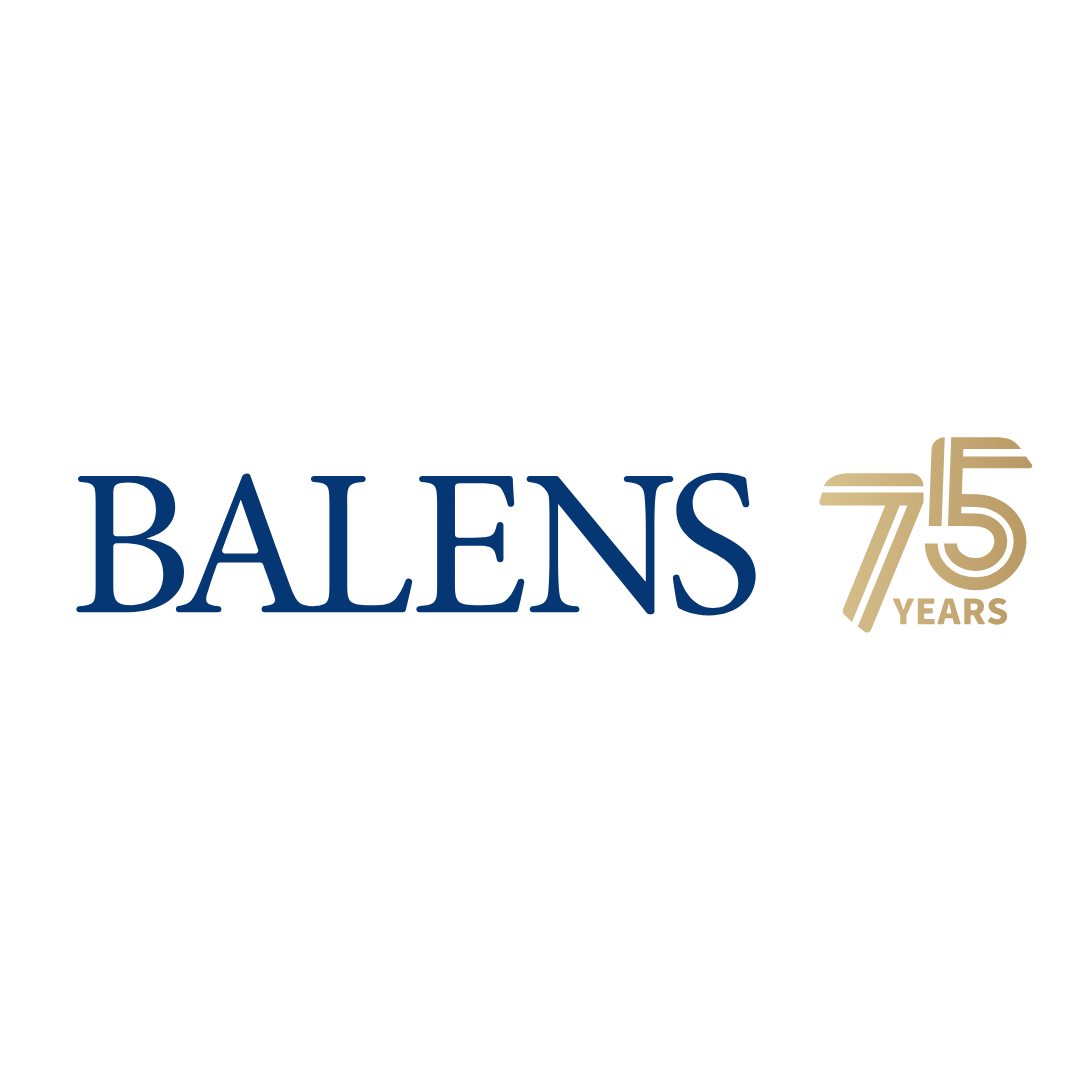

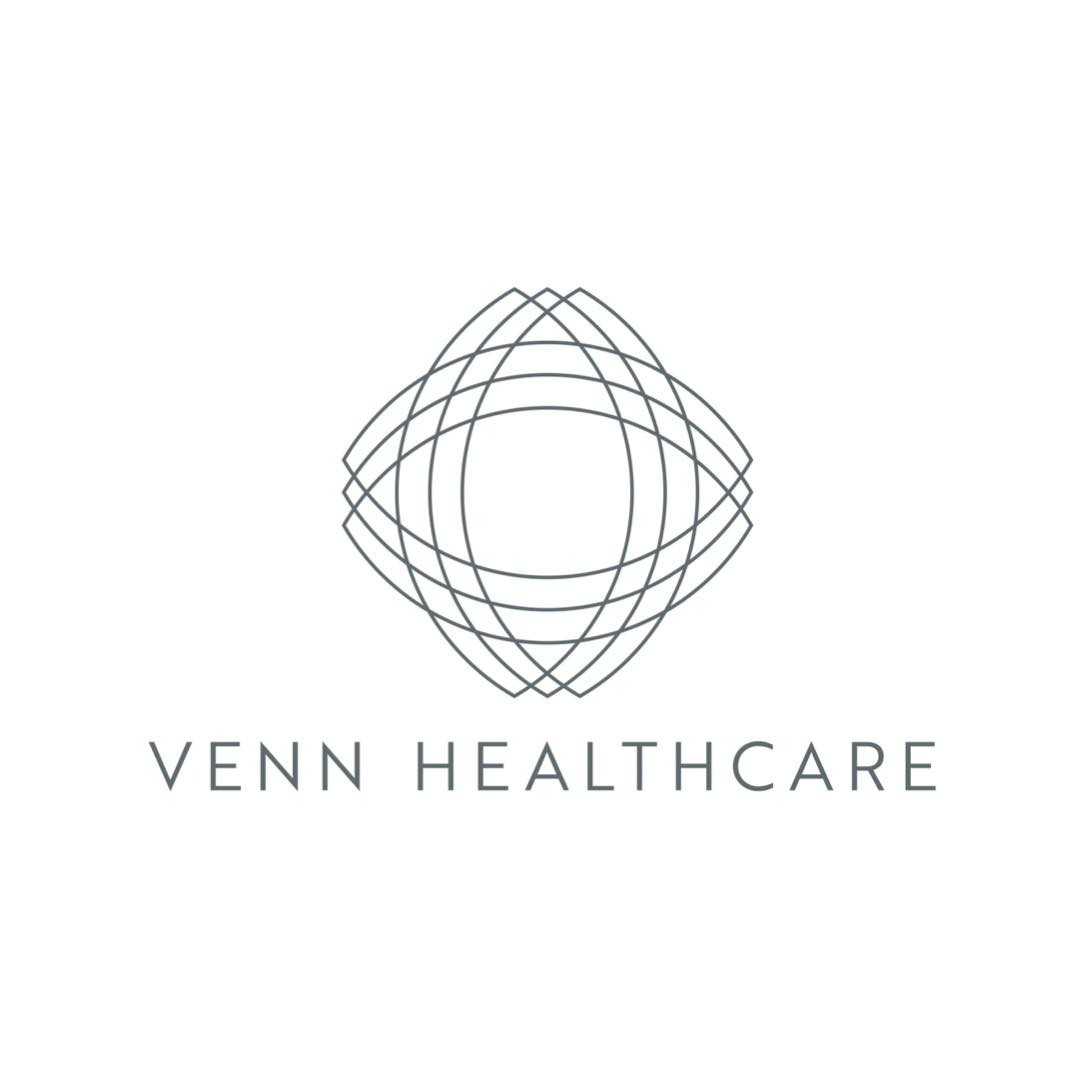
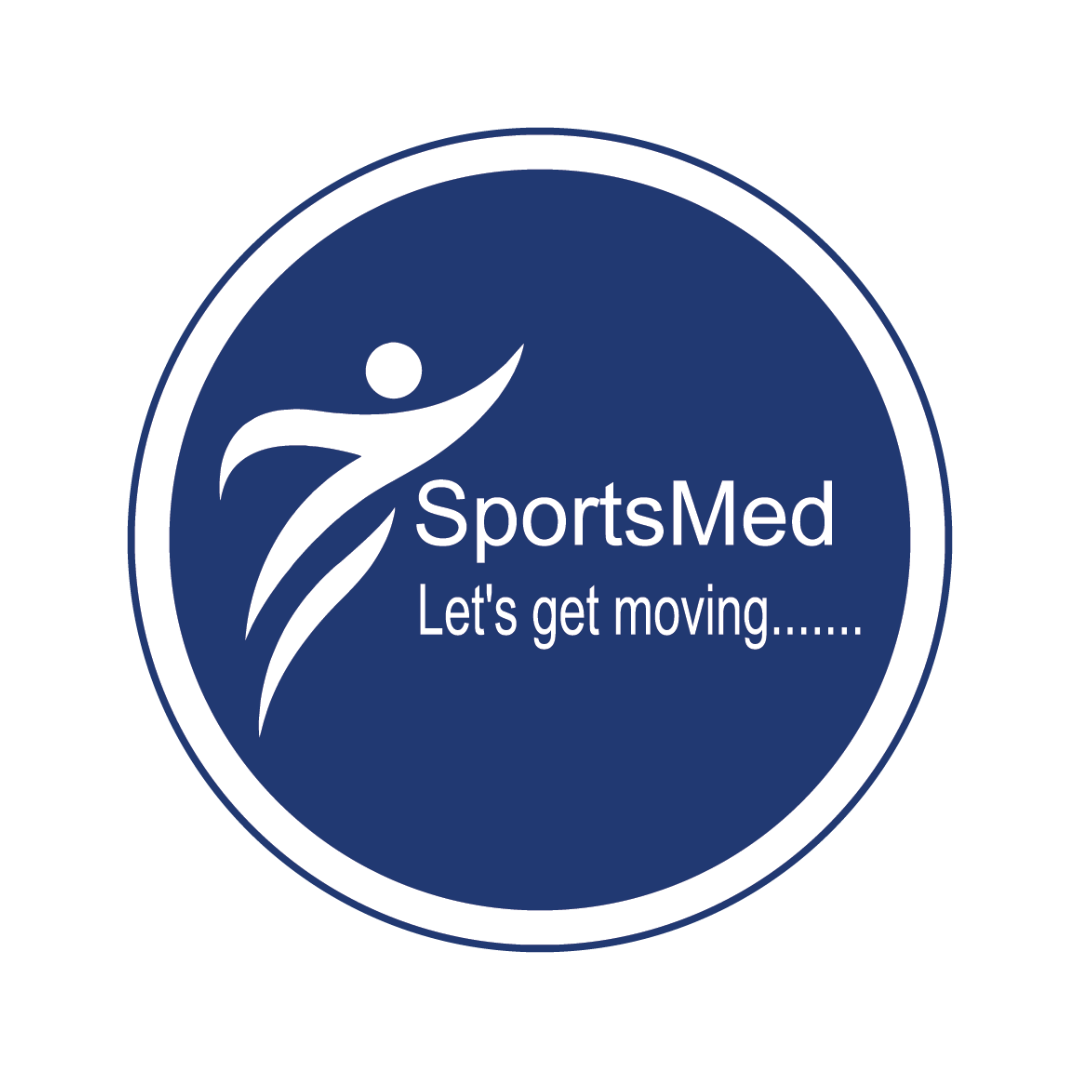


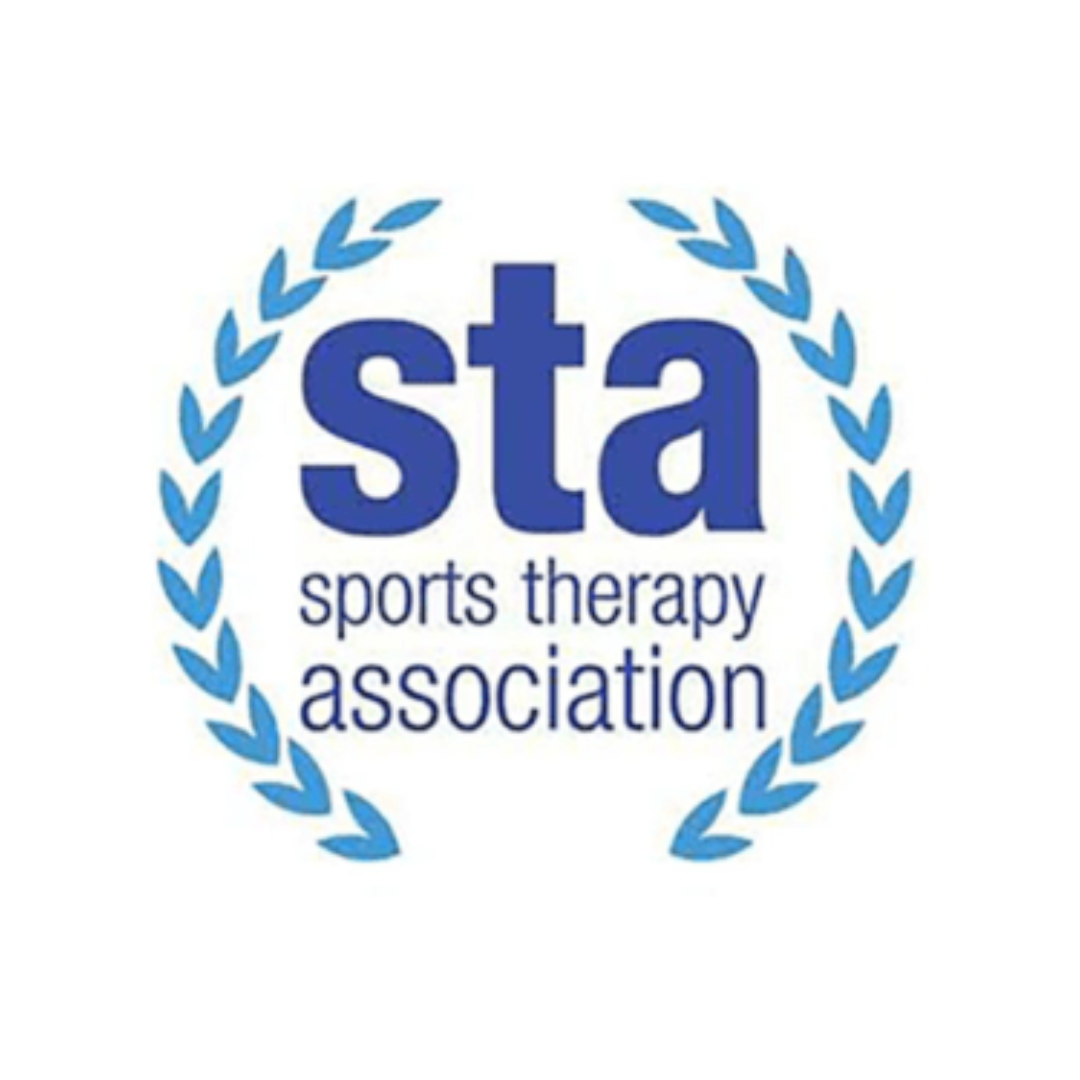
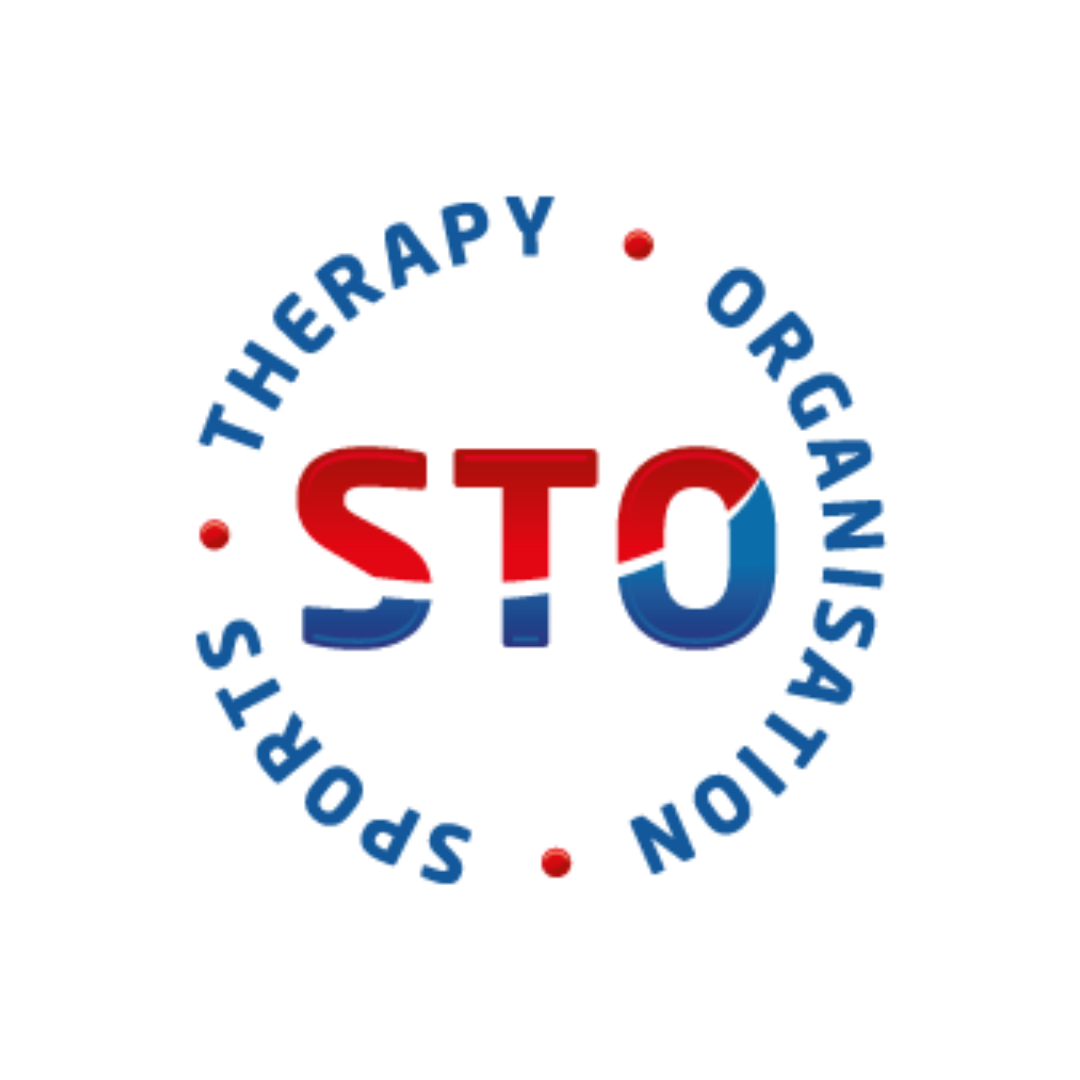

.png)
